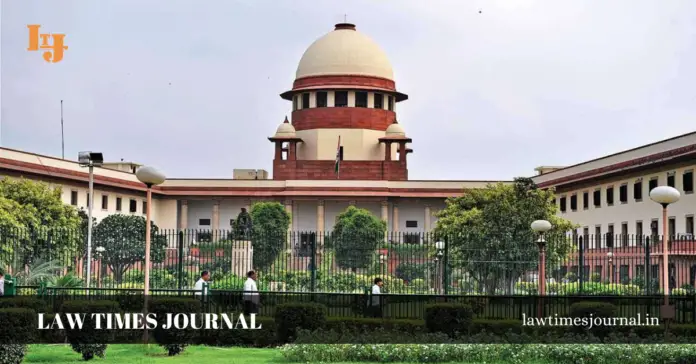
The Supreme Court struck down a circular issued by the Reserve Bank of India (RBI) which directed banks not to deal in transactions involving cryptocurrency. The Court held that the ban was ‘disproportionate’. A bench of justices Rohinton Nariman, Aniruddha Bose and V Ramasubramanian of the Supreme Court of India pronounced the judgement in a petition by Internet and Mobile Association of India (IMAI), an industry grouping that has challenged the ban.
Prior Facts:
In April 5, 2018, RBI issued a press release stating that virtual currencies (VCs), referred to as crypto currencies and crypto assets, raise concerns of consumer protection, market integrity and money laundering. In view of the associated risks, banks were asked not to deal with crypto-related businesses. The notification said that, “Such services include maintaining accounts, registering, trading, settling, clearing, giving loans against virtual tokens, accepting them as collateral, opening accounts of exchanges dealing with them and transfer / receipt of money in accounts relating to purchase/ sale of VCs”. As earlier as in Decemeber 2013 also, the RBI had cautioned users, holders and traders of virtual currencies, including Bitcoins, about the potential financial, legal and security related risks associated with it.
The matter was challenged by the Internet and Mobile Association of India and few other stakeholders in the Supreme Court and the bench of the Supreme Court allowed the petition on the ground of proportionality.
Key Features:
- The petitioner submitted that Reserve Bank of India lacked jurisdiction to forbid dealings in cryptocurrencies and the blanket ban was based on an erroneous understanding that it was impossible to regulate cryptocurrencies.
- It was also argued that cryptocurrencies were not “currency” in the strict sense and that they could be termed as a medium of exchange or a store of value.
- RBI represented through Senior Advocate Shyam Divan disagreed and said that it was a mode of digital payment, which the RBI had the power to control.
- Cryptocurrencies are a stateless digital currency in which encryption techniques are used for trading. These currencies operate independently of a central bank like the RBI, rendering it immune from government interference.
Judgement:
The bench of Supreme Court while striking down the notification of the RBI observed that:
- Though the RBI has very wide powers not only in view of the statutory scheme but in view of the special place and role that it has in the economy of the country and these powers can be exercised both in the form of preventive as well as curative measures.
- The power of RBI to take a pre-emptive action in order to be proportional for the determination of which RBI needs to show at least some semblance of any damage suffered by its regulated entities but there is none.
- The concern of RBI is and it ought to be, about the entities regulated by it. Till date, RBI has not come out with a stand that any of the entities regulated by it namely, the nationalized banks/scheduled commercial banks/cooperative banks/NBFCs has suffered any loss or adverse effect directly or indirectly, on account of the interface that the VC exchanges had with any of them.
- The case of State of Maharashtra v. Indian Hotel and Restaurants Association, where it was held earlier by the Supreme Court that, there must have been at least some empirical data about the degree of harm suffered by the regulated entities (after establishing that they were harmed). In the present case of RBI that any of the entities regulated by it has suffered on account of the provision of banking services to the online platforms running VC exchanges is not proper according to law.
- When the consistent stand of RBI is that they have not banned VCs and when the Government of India is unable to take a call despite several committees coming up with several proposals including two draft bills, both of which advocated exactly opposite positions, it is not possible for us to hold that the impugned measure is proportionate.
Edited by J. Madonna Jephi
Approved & Published – Sakshi Raje
Reference:
- Case of Internet and Mobile Association of India vs. Reserve Bank of India, Writ Petition (Civil) No.528 of 2018, decided by the Supreme Court of India on March 04, 2020.








